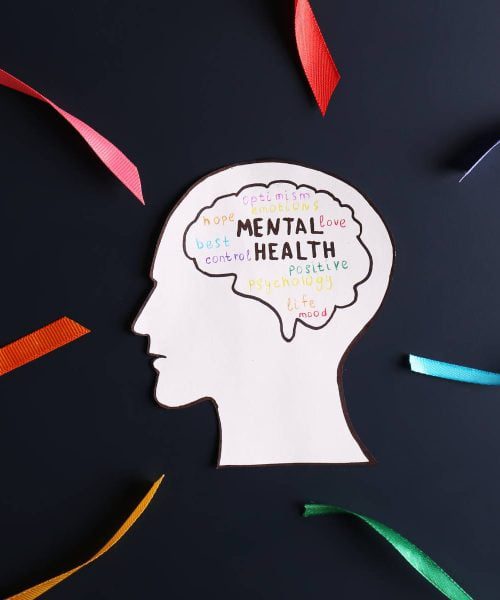Panic attacks can be incredibly distressing for those who experience them. They can disrupt daily life, lead to avoidance of certain situations, and cause significant emotional distress. In this comprehensive guide, we delve into the nature of panic attacks, their symptoms, potential causes, and effective strategies for managing and overcoming them. Our aim is to provide you with the knowledge and tools to regain control and live a fulfilling life free from the grip of panic attacks.
What Are Panic Attacks?
Panic attacks are intense episodes of fear and anxiety that can arise unexpectedly or in response to specific triggers. They often manifest with a range of physical and emotional symptoms. Some common symptoms include:
- Shortness of breath
- Rapid heart rate
- Nausea
- Sweating
- Trembling or shaking
- Chest pain or tightness
- Feeling of impending doom
Individual experiences may vary, but the overall sensation is one of overwhelming fear and a loss of control. It’s important to note that panic attacks can mimic symptoms of other medical conditions, such as heart attacks, so it’s essential to seek a proper diagnosis from a healthcare professional.
Identifying Triggers and Understanding Causes
Panic attacks can be triggered by a variety of factors, and the specific triggers can vary from person to person. Some common triggers include:
- Environmental Factors: Certain situations, such as crowded spaces, public speaking, or flying, can induce panic attacks in susceptible individuals.
- Stress and Anxiety: High levels of stress and anxiety can contribute to the development of panic attacks. Everyday stressors, major life changes, or unresolved emotional issues can all play a role.
- Phobias: Specific phobias, such as fear of spiders, heights, or enclosed spaces, can lead to panic attacks when confronted with the object of fear.
- Physical Sensations: Some individuals may experience panic attacks in response to certain physical sensations, such as an increased heart rate or shortness of breath, which they perceive as threatening.
While the exact causes of panic attacks are not fully understood, a combination of genetic, biological, and environmental factors is believed to contribute to their occurrence. It’s important to work with a qualified healthcare professional to identify your triggers and develop an appropriate treatment plan.
Strategies for Managing Panic Attacks
- Deep Breathing and Relaxation Techniques: Deep breathing exercises, such as diaphragmatic breathing, can help regulate your breathing and reduce anxiety during a panic attack. Progressive muscle relaxation and mindfulness meditation are also effective relaxation techniques to incorporate into your daily routine.
- Cognitive-Behavioral Therapy (CBT): CBT is a widely recognized therapeutic approach for managing panic attacks. It involves identifying and challenging negative thought patterns and beliefs that contribute to anxiety and panic. CBT techniques can help reframe your perception of panic attacks and develop coping mechanisms.
- Exposure Therapy: Gradual exposure to the situations or triggers that induce panic attacks, under the guidance of a mental health professional, can help desensitize you to the fear response. This technique aims to reduce avoidance behaviors and build confidence in managing panic-inducing situations.
- Lifestyle Modifications: Incorporating regular exercise, maintaining a balanced diet, getting enough sleep, and practicing stress-management techniques can contribute to overall well-being and help reduce the frequency and severity of panic attacks.
- Medication: In some cases, healthcare professionals may prescribe medication, such as selective serotonin reuptake inhibitors (SSRIs) or benzodiazepines, to manage panic attacks. These should always be used under medical supervision.
Seeking Professional Help and Support
If you’re experiencing panic attacks, it’s essential to seek professional help from a qualified healthcare provider or mental health professional. They can assess your symptoms, provide an accurate diagnosis, and tailor a treatment plan to address your specific needs. Remember, you’re not alone, and seeking support is an important step towards regaining control over your life.
Embracing a Life Beyond Panic Attacks
While panic attacks can be debilitating, it’s important to remember that they are manageable, and many individuals have successfully overcome them. By gaining a deeper understanding of your triggers, implementing effective coping strategies, and seeking professional guidance, you can reclaim your life and move forward with confidence and resilience.







